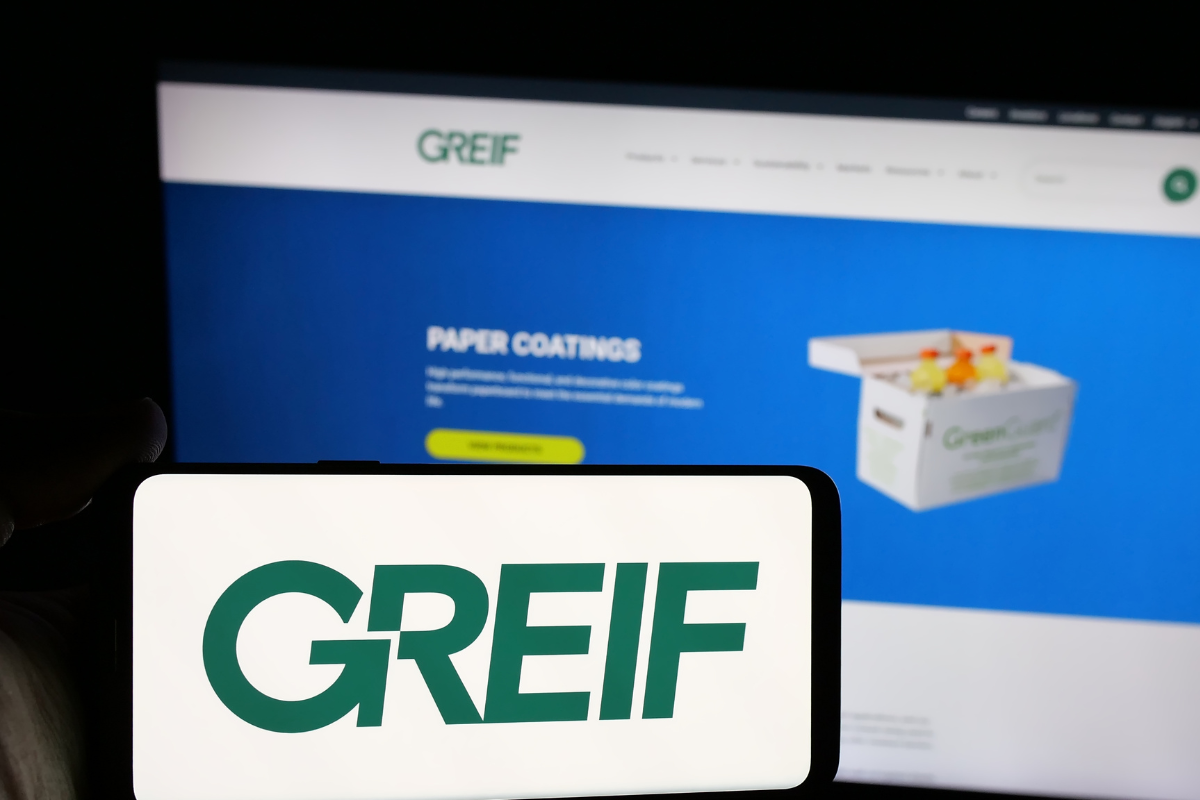Packaging manufacturer Greif reported strong third-quarter financial results and shared details about its recent divestitures during an investor call.
Ole G. Rosgaard, president and CEO, said restructuring and cost optimalization measures are strengthening the company.
“We’re taking cost out and transforming the business,” he said. “At times, that work can be uncomfortable. But our people know that is not — that is how the company grows, moves from good to great and ultimately creates shareholder value.”
In July, Greif entered into a definitive agreement to sell its containerboard segment to Packaging Corporation of America for $1.8 billion in cash proceeds. The deal closed Aug. 31.
The industrial packaging manufacturer and recycler based in Delaware, Ohio, suspended its containerboard operations at the beginning of the third quarter, signaling a step toward finalizing the sale.
Rosgaard also said Greif’s timberland assets are planned for divestment as of Oct. 1, citing “favorable tax planning purposes.”
The company announced Aug. 6 that Molpus Woodlands Group will acquire its Soterra land management business for $462 million. This includes more than 173,000 acres of timberlands in the Southeastern US.
“The sale of the Soterra timberlands aligns with our strategy to focus our portfolio on opportunities where Greif can be an industry leader,” Rosgaard previously said, adding that the move allows Greif to “invest in higher-margin, less cyclical markets, and positions Greif for further long-term success and value creation.”
Margin expansion offsets volume softness
Greif’s third-quarter results demonstrated the company’s resilience in an uncertain macroeconomic environment, said CFO Lawrence Allen Hilsheimer.
Hilsheimer provided details of Greif’s financial performance, noting adjusted EBITDA increased by $4 million to $160.7 million, or 2.4% over the previous year’s quarter, with margins rising 70 basis points.
The company’s performance across its Fiber, Polymers and Integrated segments exceeded the impact of lower sales volumes company-wide.
Customized polymer volumes rose 2.2% on low double-digit growth in small containers. Rosgaard said the company’s focused end markets once again outperformed expectations.
Volume softness in North American markets and declines in EMEA caused durable metals volumes to fall 5.8%. Sustainable fiber volumes declined 7.6%, with uncoated recycling paperboard mills operating at above 90% capacity, Rosgaard said.
“However, converting was mixed with tube and core down low single digits and fiber drums down high single digits due to sluggish North American industrial end markets,” he said.
Strong volumes in recycled fiber caused Greif’s Integrated Solutions segment volumes to jump 2.6%.
“From a big picture point of view, our volume performance clearly shows our strategy is working,” Rosgaard said. “But for the time being, customer sentiment remains cautious and the macro economy as a whole is not robust. We will consider that operating environment as we look to full year 2026 guidance next quarter.”






















